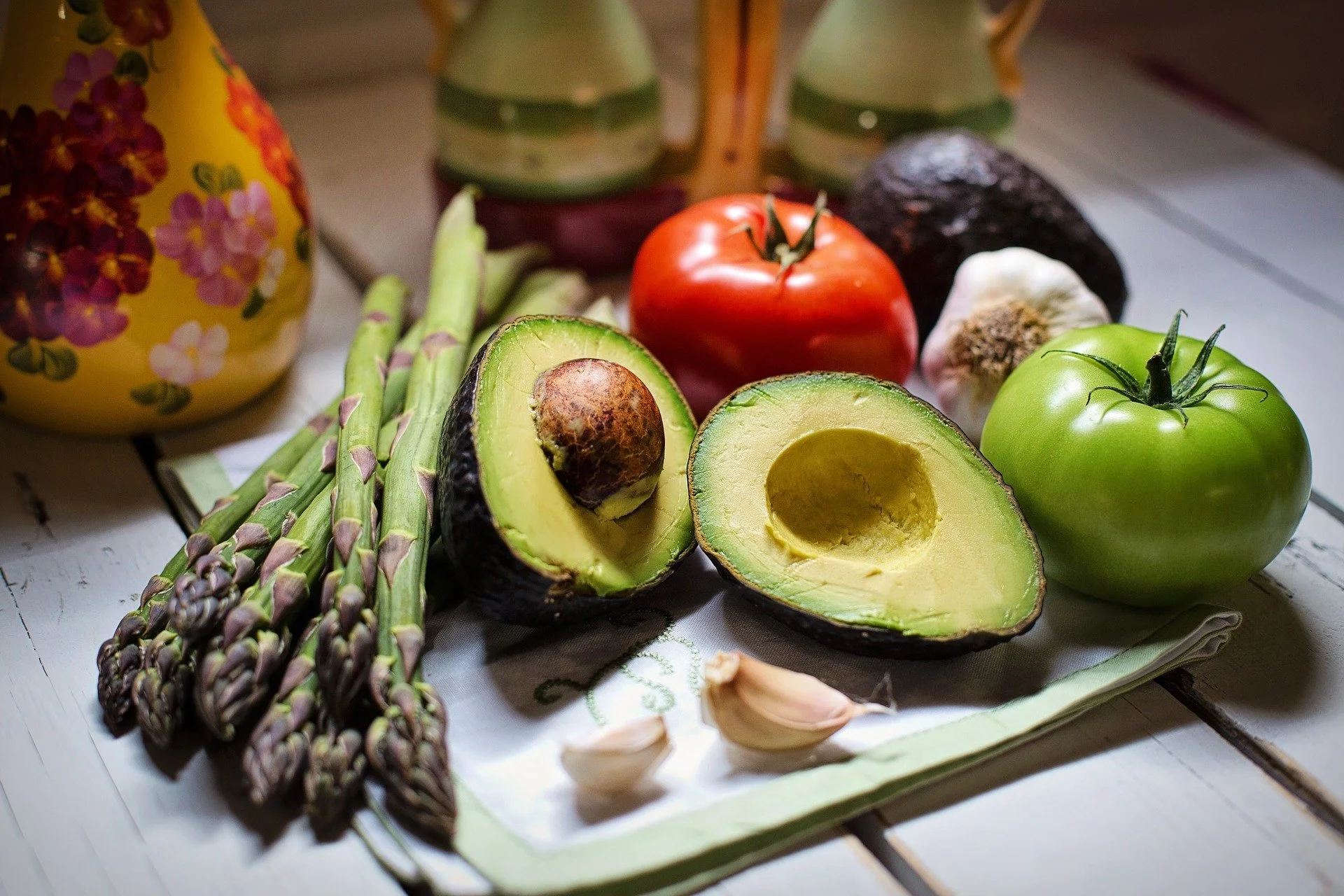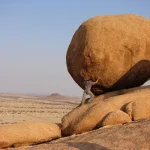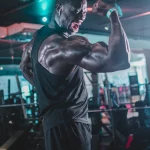The following is a review of the nutrients you supposedly can’t get on a plant based/vegan diet and where to get them very easily. This list of supposedly nonvegan nutrients is often copied and pasted online with little or no high level sources to support it. So here is the list and the easy vegan sources being purposely omitted:
Protein – Every plant has ALL essential amino acids to some degree but in different useful proportions. Protein deficiency has not been demonstrated in vegan populations. To quote a systematic review in nutrients “traditional legumes, nuts and seeds, are sufficient to achieve full protein adequacy in adults consuming vegetarian/vegan diets, while the question of any amino acid deficiency has been substantially overstated.”
b12 – This vitamin is not naturally in meat in sufficient amounts, its fortified into it through cobalt supplements. Vegans can naturally get massive amounts of b12 from water lentils which also are 40% protein by weight. Other common sources of vegan b12 are soy milk, bran cereal, nutritional yeast, supplements and other fortified foods. A bowl of soy milk with bran cereal already meets 100% daily needs of b12 before the morning is even over.
b2 – This vitamin is heavily fortified into food now. No deficiencies have been demonstrated.
Cholesterol – The physicians committee on Responsible Medicine is quoted as saying “Our bodies produce plenty of cholesterol to meet our needs, so we don’t need to consume extra cholesterol through our diets.”
Creatine – This is not an essential amino acid but its very useful for workouts. Moreso for vegans as supplemented creatine is 40% more effective on a vegan diet. Both vegans and omnivores bring their stores of creatine to useful levels through preworkout supplements which are all vegan.
Calcium – Collard greens, tempeh, natto, tofu, beans seeds all of which have as much or more calcium than milk. Calcium is also heavily fortified into food now.
Carnosine – Not essential because it forms naturally in humans from combining beta-alanine and histidine. Beta alanine is produced naturally in vegans through simply working out. Histidine is easily gotten in soy, beans, nuts and seeds.
Carnitine – Not essential because its produced adequately from lysine and methionine from beans, avocado, soy and seeds. Vegans tend to get less carnitine from foods, but their bodies usually produce enough anyway.
Vitamin D – 30% of the world is vitamin D deficient. Being vegan does not change that number because dietary vitamin D has been demonstrated as inadequate until it is supplemented in all dietary study group populations.
Docosahexaenoic acid (DHA) – Fish get this nutrient from algae and seaweed, vegans simply skip the fish and eat the algae as a supplement. The advantage of this is the removal of heavy metals as a factor that would be present in fish. AHA also converts into DHA and is available in flax, chia seeds and many other sources.
Heme iron – Beans, grains and nuts have iron. While its less bioavailable than heme iron the plant iron bioavailability increases 350% with the inclusion of vitamin C in a meal.
Taurine – Taurine is not an essential nutrient because the human body makes it naturally but can now be made synthetically anyway and is therefore vegan.
Zinc – Zinc is in beans, nuts, grains and seeds and is not as bioavailable until you guessed it, you cook it. Thats why studies have demonstration no zinc deficiencies in vegan populations.
References:
https://www.ncbi.nlm.nih.gov/pmc/articles/PMC7246861/
https://pubmed.ncbi.nlm.nih.gov/30334920/
https://www.ncbi.nlm.nih.gov/pmc/articles/PMC2677010/
http://www.icppharm.com/News-Resources/Articles/Effects-of-Vitamin-C-on-Iron-Absorption.aspx#:~:text=Simultaneous%20consumption%20of%2025%2D100,salts%2C%20such%20as%20ferrous%20sulfate.
https://www.news-medical.net/health/Taurine-Synthesis-and-Production.aspx
https://viva.org.uk/health/vitamin-b2-riboflavin/
https://www.ahajournals.org/doi/pdf/10.1161/01.CIR.0000018905.97677.1F










One response to “Vegan Nutrients of Concern and Their Dietary Sources”
I appreciate you sharing this blog post. Thanks Again. Cool.